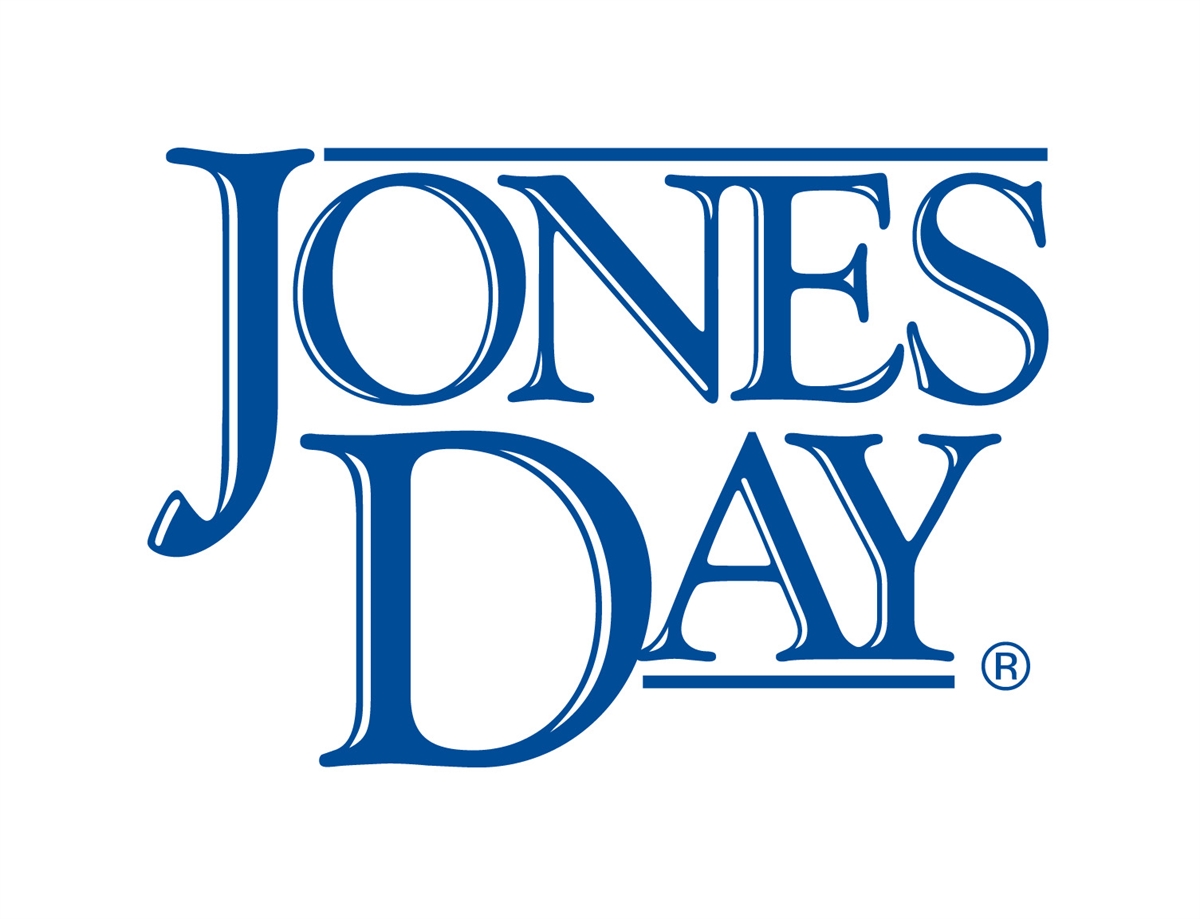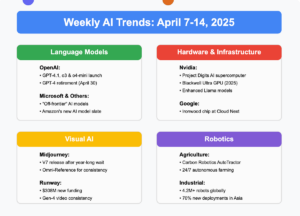Essential Insights on AI and Copyright Law for Women in Intellectual Property

The Intersection of Artificial Intelligence and Copyright Law
Artificial intelligence (AI) is transforming industries by offering countless opportunities for innovation and efficiency. However, this rapid advancement raises significant questions about copyright law. Legal experts and stakeholders in various fields are trying to understand the implications of AI on intellectual property rights.
Key Questions Regarding AI and Copyright
As organizations increasingly depend on AI technologies, several legal questions come to the forefront:
What is Fair Use?
One of the oldest principles in copyright law, fair use, allows limited use of copyrighted material without permission from the rights holder. This clause is crucial when considering how AI systems learn from vast amounts of data. For example, if an AI is trained on music, art, or literature that are protected under copyright, what constitutes fair use? Determining the balance between innovation and copyright infringement remains complex.
Human Authorship Requirement
Another critical question focuses on how much human creativity is needed for a work to be considered under human authorship. Many AI-created works lack significant human input, leading to debates about who owns these creations. For instance, if an AI generates a painting, is it the creator of the algorithm or the user who inputs the prompts who gets the copyright? This ambiguity challenges the traditional understanding of authorship as being inherently human.
Addressing the Deepfake Dilemma
Deepfakes, which use AI to create realistic but fabricated content, pose further complications in copyright law. Legislators are grappling with how to craft laws that mitigate the risks associated with these technologies, such as misinformation and character defamation. There’s an ongoing discussion about whether existing laws are sufficient or if new federal or state legislation is required to tackle this issue effectively.
The Challenges of Adopting AI
The integration of AI into workplaces presents various obstacles that can complicate legal issues:
Skill Gaps: Many organizations do not have the legal knowledge to navigate the complex landscape of AI and copyright law. This creates uncertainty about how to use AI technologies ethically and legally.
Rapid Technological Change: The fast-paced advancements in AI can outstrip existing laws, leading to regulatory gaps. Laws that govern copyright may not adequately address the unique ramifications of AI-generated content.
- Lack of Precedent: As AI is still a relatively new field, there isn’t a substantial body of legal cases to refer to. This lack of precedent makes it difficult for courts to establish clear guidelines on how to handle copyright issues related to AI.
Practical Implications for Businesses
Companies looking to adopt AI technologies must be aware of several practical implications:
Risk Assessment: Businesses should conduct thorough assessments to evaluate how AI might impact their compliance with copyright laws. Understanding potential legal risks can help mitigate legal disputes before they arise.
Training and Development: To bridge the skill gap, organizations might consider investing in training programs to educate their teams about copyright laws affecting AI.
Consultation with Experts: Engaging legal experts in intellectual property can provide invaluable insights into navigating the challenges of AI adoption. Experts can help develop policies that ensure ethical AI use while protecting the company’s interests.
- Monitoring Legal Developments: Staying informed about changes in copyright law and AI technology is crucial. This vigilance can help organizations adapt their strategies accordingly and remain compliant with evolving legal standards.
As AI continues to advance, the dialogue surrounding copyright law is more relevant than ever. Understanding these key questions and challenges can empower stakeholders to navigate this intricate landscape more effectively.






